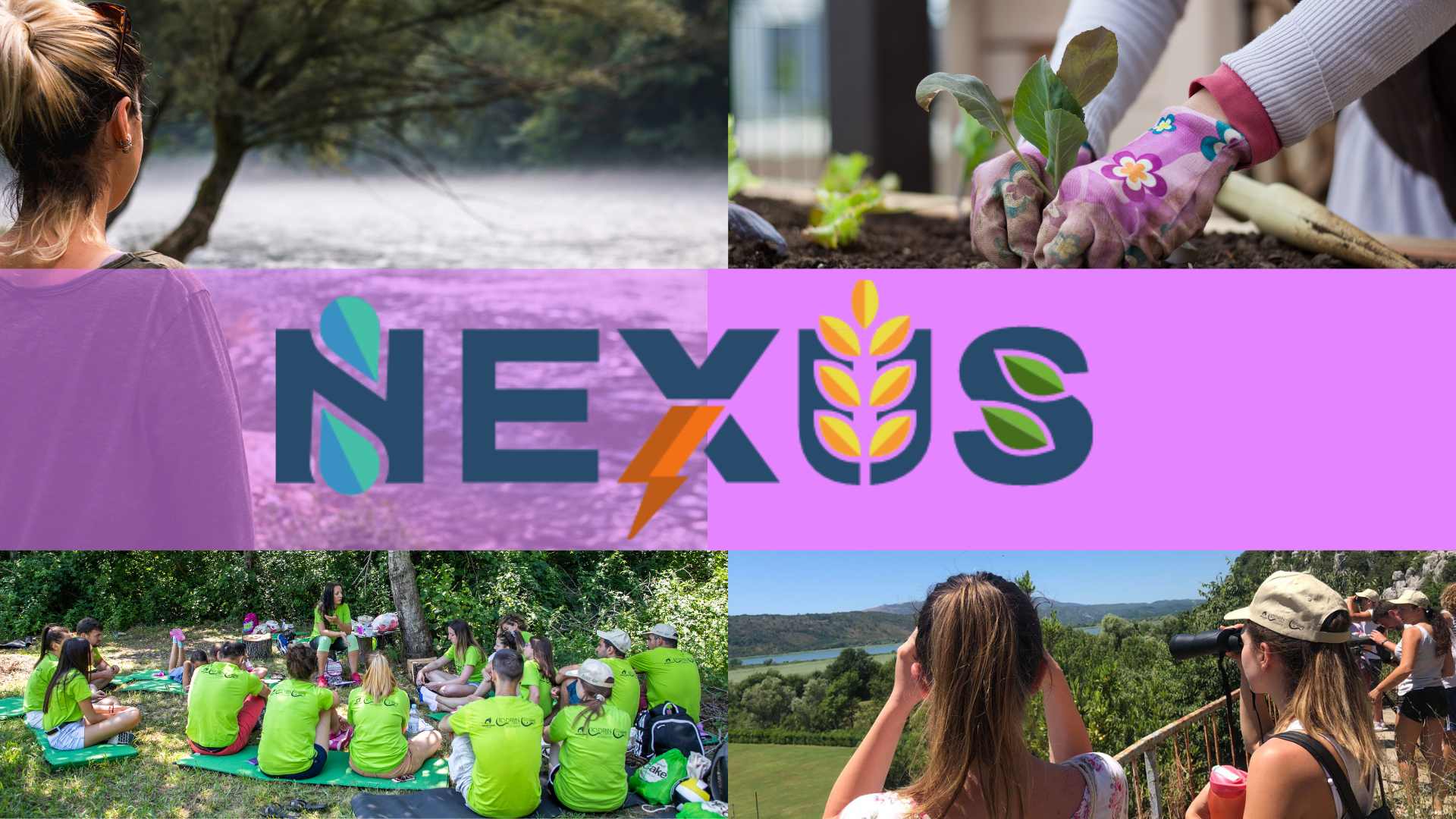Effective policies and programming require understanding of and addressing the gender-specific relationships to natural resources use and management, and specific linkages between natural resources, cultural values, and local knowledge. Due to gender roles, women and men have disparities in economic opportunities, access and control to natural and productive resources and knowledge; engage differently in household care and public life and decision-making processes. Women also do not enjoy the same rights as men especially for land ownership, which is crucial for poverty reduction, food security and rural development.
It is under this understanding that gender-responsive planning for the Water-Energy-Food-Ecosystems Nexus needs to acknowledge and address differences in power among men and women in the water, energy and food sectors in its implementation. The SEE Nexus project aims to push progress towards this understanding through mainstreaming gender considerations in its activities, and the organization of three dedicated gender workshops engaging related stakeholders respectively from the Drin and Drina river basins, and from Albania.
More information on the gender-related activities under the SEE Nexus Project are available in the posts below:
